
How to Handle Painful Blunders
Knowing how to respond after you've made a blunder, can save you many lost points. GM Avetik shares useful tips on what you should do in such cases...How to continue your game after a horrible blunder?
How to motivate yourself for the next game after having a very painful defeat?
I've prepared some tips for you, which will help handle such situations.
First of all, let me mention that it's not an easy thing to do! It's a problem for many chess players and even for many Grandmasters.
Here is one of my favorite quotes: "When one door closes, another opens, but we often look so long and regretfully at the closed door that we do not see the one that has been opened for us." I believe that many people would have been satisfied with their lives if they had followed this quote. The same is true in chess.
The problem is that we look at our mistakes so long and regretfully that we forget about the future and don't continue fighting and playing as well as we were during the game.
You should learn from your mistakes and move forward, whether it's life or chess.

Tip 1 - Find the root of the blunder
To the question "What do you do when you lose a game?" Kasparov answered, "I come back home, analyze the game, find my mistake and try to forget it as soon as possible." This is the approach that you should take.
Kasparov's answer is the 1st tip. It had so much impact on my chess career, and on many GMs I know.
Many chess players repeatedly blunder without finding out the reason behind it. Or, they make a mistake in the long calculation and say, "I blundered."
Try to find the reason why it happened.
Was it really a blunder or a mistake in the calculation?
Was the problem in the visualization of the position or a mistake in the calculation technique**?**
Was it because of low concentration or because of tiredness?
Find the root and try to fix it.
Tip 2 - Forget it
Let's say you blundered when you had a winning position, and now you have to fight for a draw.
Forget what happened! Concentrate on the present, on the position you have now, and make your best moves, which are the most suitable for the current situation.
Tip 3 - Delete Previous Moves
Forget what happened before and play from the position you have now.
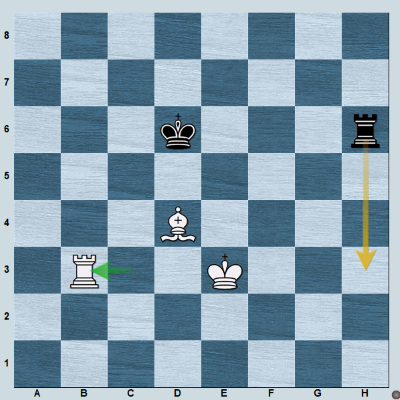
Let's say in the position above, where you had Rook and Bishop against Rook, and were playing for a win, suddenly you played Rb3, and now your opponent gives a check and takes the Rook. Now you should play for a draw. Not a very easy psychological situation. Try to delete the previous moves mentally. In ChessBase, you can do it physically.
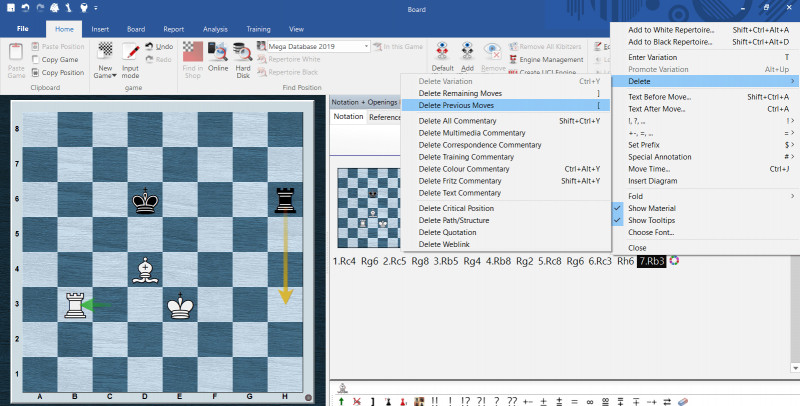
Do a right-click on notation -> delete -> delete previous moves.
Try to do it mentally. I know it's not easy to do but try. Your results will be much better if you learn to do that. Such situations often happen: we had a good position, we were attacking, then we blundered something, and now we should defend.
Focus on now, forget what has happened and the next time you blunder something, remember:
Blundered - move on!
Missed something - move on!
You were a piece up, and now it is the opposite - forget the past!
Concentrate on the present and move forward!
You'll be surprised how often you'll survive after having a lost position.
Gain this skill, and you'll see how fast your rating increases!
Also, I want to suggest a fantastic book, "Who Moved My Cheese" by Spencer Johnson.
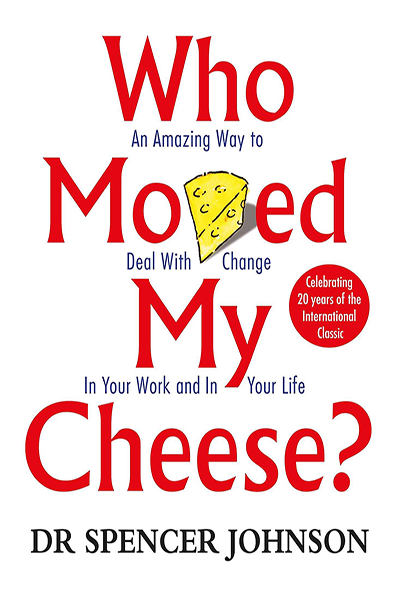
I believe this book will not only help you to solve the problem of looking back for too long but also can change your life and mindset.
Tip 4: Keep the Right Mood
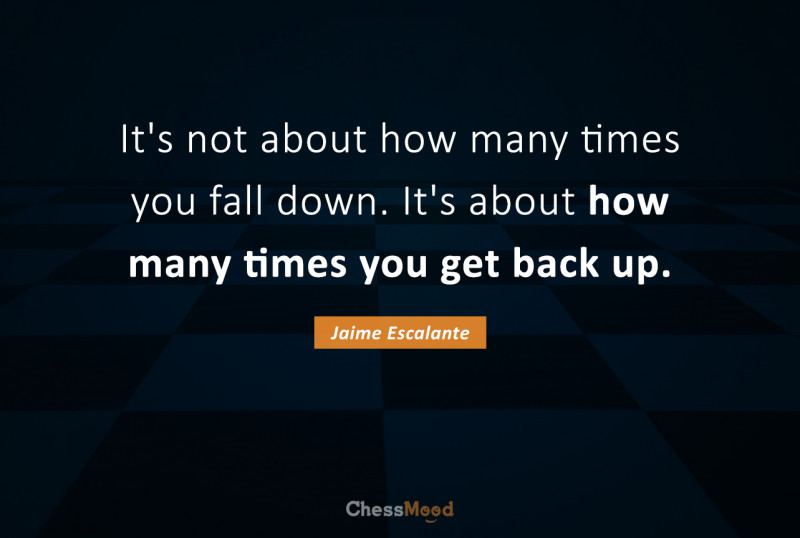
Everybody can blunder, stop the clock, resign and go home.
Can you bring your mind back and continue the fight? This is what will make a difference.
Yell in your mind as high as you can, "Right Mood, Keep the right mood! Everything is okay. I can handle it!" and whatever you want. Just keep the right mood.
I use this technique in other sports too. For example, when I play tennis and lose a few points in a row, I yell in my mind, "KEEP THE MOOD! YOU ARE A FIGHTER", and it helps! It magically helps.
Try it yourself!
Let's go, ChessMood Family! Provoke the real warrior inside you. Chess is not for the weak.
Right Mood - Right Move!
P.S. If you liked the article feel free to share it with your friends and subscribe to our Blog.
And if you have any comments, feel free to share them in the comments.
P.P.S. Blundering is painful. However, there's a process you can use to systematically reduce blunders from your game. Learn about it in our course, BlunderProof.
P.P.P.S. If you’re not a ChessMood student yet, I have three gifts for you:
- Opening Principles- The fundamentals and beyond in detail
- My 10 best games
- GM Gabuzyan’s 10 best games
You can watch all three courses for free, by creating a basic account here. (Takes a few seconds)
P.P.P.P.S The article is originally on
https://chessmood.com/blog/how-to-handle-painful-blunders
More blog posts by Avetik_ChessMood
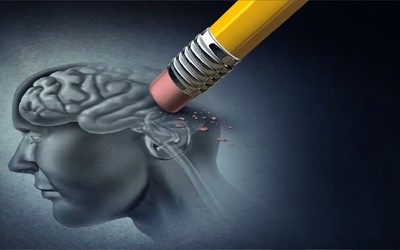
The bold-unbold technique: no more forgetting what you learn
Do you have challenges with memorizing what you’ve learned? You’ll love today’s article!
In Memory of GM Karen Asrian
You can: 1 - be just nice, 2 - adopt a “win at all costs” mindset, or 3 – be like GM Karen Asrian.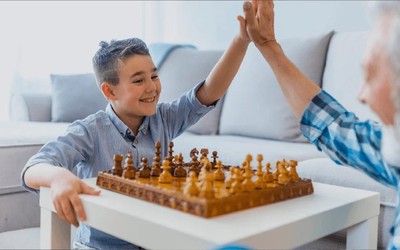
The secret to lasting love for chess
Why do passionate players lose their love for chess and quit? How to keep loving chess, despite the …